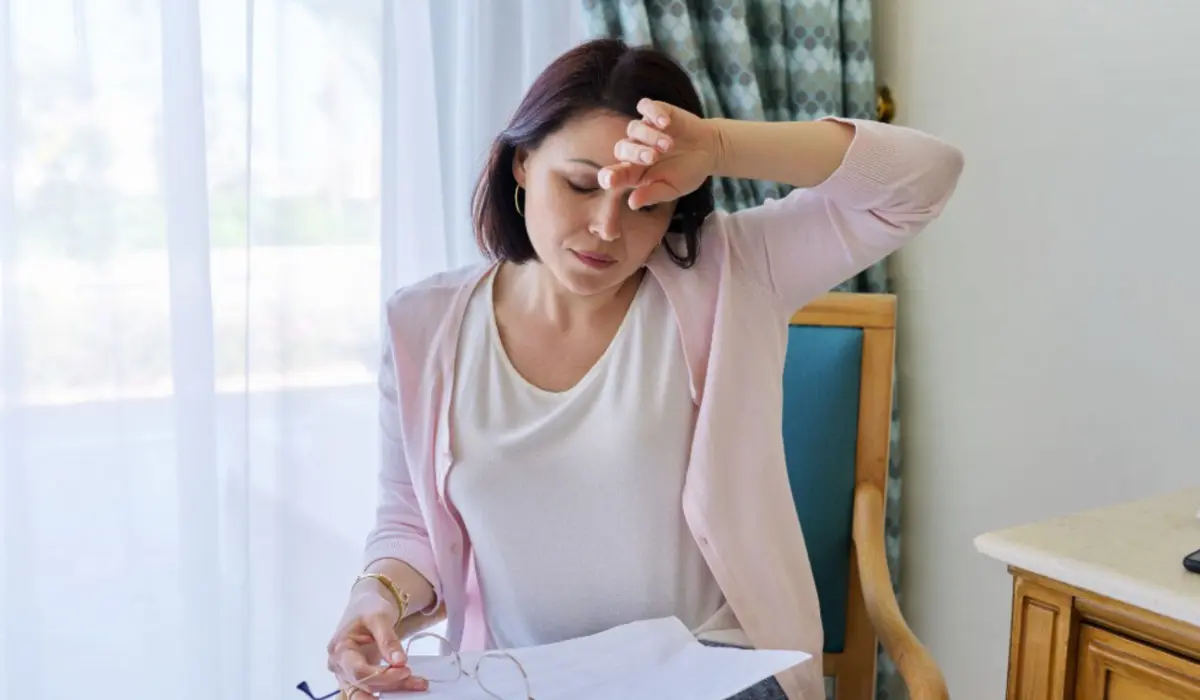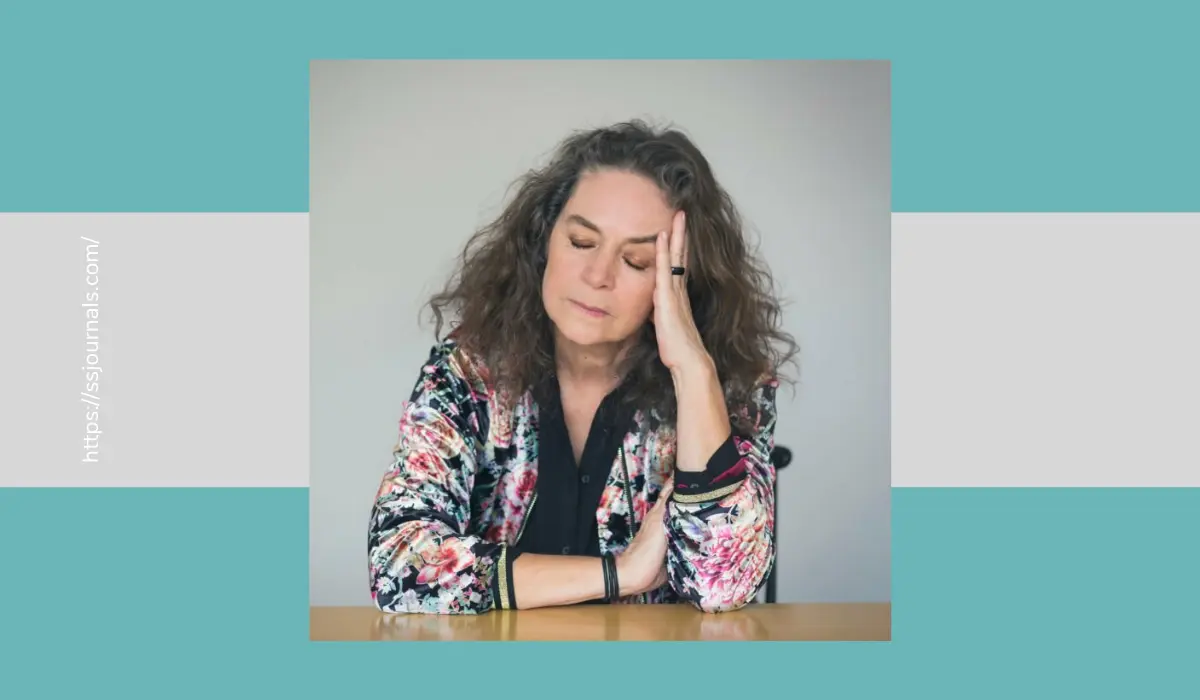All women experience menopause, which is a natural biological phenomenon linked to aging. Despite being menopause, it’s not a very comfortable period, with various symptoms that make it difficult for women to manage their affairs effectively.
Instead of taking hormonal therapies or medication, which might have side effects, many women are now choosing the natural route to treat menopause symptoms. This particular write-up highlights the seven natural menopause treatment options that were discovered to be efficient.
Here Are The 7 Natural Treatments That Work For Menopause

➡️ Diet and Lifestyle Changes
A balanced and nutritious diet becomes your ally during menopause. Foods loaded with calcium and vitamin D are guardians of your bone health, a crucial defense against the risk of osteoporosis. Fruits, vegetables, and whole grains join the party, contributing to physical well-being and assisting in managing weight, a common concern during this phase.
➡️ Exercise regularly
Think of exercise as your dance partner during menopause. Moving your body regularly is a delightful way to manage a variety of symptoms. Exercise brings with it a burst of endorphins, helping regulate mood, reduce stress, and keep that scale of well-being in balance. Whether it’s a gentle stroll, yoga, or some lightweight training, finding your unique rhythm can make this phase more of a dance than a struggle.
➡️ Take natural supplements
Imagine your garden filled with herbs that are like friendly neighbors, each offering something special. Black cohosh stands out, known for its ability to reduce hot flashes and night sweats. Red clover and dong quai are other herbal friends believed to have estrogen-like effects. But, before inviting them into your daily routine, it’s advisable to have a friendly chat with a healthcare professional to ensure these herbs play well with your overall health.
➡️ Acupuncture
Traditional Chinese medicine introduces this ancient practice, where tiny needles dance on specific points of your body to balance energy flow. Research suggests that this dance might help ease the rhythm of hot flashes and improve the quality of your sleep. While more studies are in progress, many women report feeling more in tune with their bodies after this ancient treatment.
➡️ Mindfulness and Meditation
Envision stress leaving your body like the gentle breeze of a sigh. Mind-body techniques, including meditation, yoga, and deep-breathing exercises, offer a serene path to manage the stress that often accompanies menopause. It’s like giving your mind a soothing cup of tea, calming the storm within and, in the process, positively impacting symptoms like hot flashes and insomnia.
➡️ Importance of Sleep
Imagine sleep as a cherished friend that sometimes plays hard to get during menopause. Establishing a bedtime routine akin to preparing for a delightful sleepover is crucial. A consistent schedule, a cozy sleep environment, and avoiding caffeine close to bedtime are steps toward sweet dreams. And if sleep still plays hard to get, natural remedies like valerian root or chamomile tea can be like a lullaby for the restless soul.
➡️ Talk to Your Doctor
Think of bio-identical hormones as the orchestra playing in the background. For those considering a more natural alternative to traditional hormone replacement therapy, bio-identical hormones, derived from plant sources, might be the melody your body craves. However, this symphony is not without debate, and consulting with a healthcare professional becomes your trusted conductor in navigating the potential risks and benefits.
Conclusion
As you step into this new chapter, these natural menopause treatments offer you a bouquet of options to make the journey more pleasant. Treat it as a collaborative effort, working with your body and consulting healthcare professionals to create a personalized plan.
With a mix of lifestyle adjustments, herbal allies, and mindful practices, you can not only navigate menopause gracefully but also welcome this new chapter with open arms, ready for the adventure that lies ahead.
FAQ
Choosing natural treatments means opting for a path that doesn’t come with the potential side effects of traditional medications. It’s about making lifestyle changes, incorporating herbal remedies, and embracing holistic practices to ease the challenges of menopausal symptoms.
It’s important to eat a balanced and good diet throughout menopause. Some foods can help you improve your bone health and also enhance your general well-being and weight management.
Absolutely! Exercise becomes your dance partner in this phase of life, offering not just physical benefits but also a mood boost, stress reduction, and support for your bone health. Find an exercise routine that feels like a celebration rather than a chore.
Think of herbals as friendly neighbors in your garden. Some, like black cohosh, red clover, and dong quai, have shown promise in easing menopausal symptoms. But it is like inviting friends over – consult with a healthcare professional to ensure they play well with your overall health
Picture acupuncture as a spa day for your body. This ancient Chinese practice, involving tiny needles, might help reduce the intensity of hot flashes and improve sleep. While the science is ongoing many women find it to be a shooting and beneficial experience.

